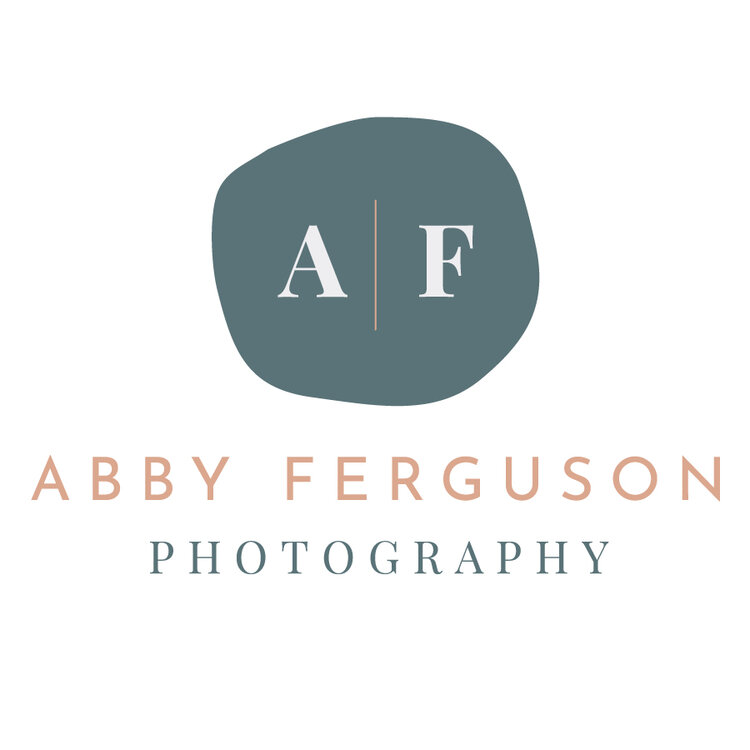I finally have managed to edit the images from my MFA thesis show, and I am so excited to share them. I was going to wait until Monday (my normal posting day), but I decided I just couldn't wait.
I had been working towards this show since I started grad school essentially, and it was amazing to actually have my work filling the gallery. Everything turned out better than what I had envisioned even, which was exciting to see. The day that I went to document the installation was perfectly sunny, making things even more beautiful. The miniature pieces hanging from the ceiling were my favorite part of the installation by far. The way that they caught the light and gently swayed was mesmerizing. They even projected little versions onto the floors and walls when the light was right, and bounced streams of light on the walls next to it. I could have sat there watching for a while and been extremely content. The hanging pieces were also intended to be taken by viewers (another reason why it was my favorite part), and so by the end of the reception only red strings were left hanging from the ceiling (as you will see in the last few images of this post). It ended up being perfectly timed, and I loved being there to see the last one pulled down by a friend.
The work is entirely centered on memory, or more specifically, memory loss. It serves as a visual for memory loss in general, but specifically the inability to remember the mundane, uneventful moments (my artist statement is at the end of this post for those who would like to read that). It was interesting to hear quite a few people tell me that the work made them sad, and prompted them think about all the things they wish they could remember. That said, I would love to hear more reactions to the work. I'm sure reactions to photographs of the installation will be different, but it would interest me to hear them.
Some quick technical information before I leave you with the images. The photographs are multiple exposures (done in camera) of monotone still life scenes, which are printed on transparencies. They were cut into circles using a laser cutter and then mounted to plexiglass. The wall pieces are for sale, so if anyone is interested in purchasing one (or more) please email me for details.

